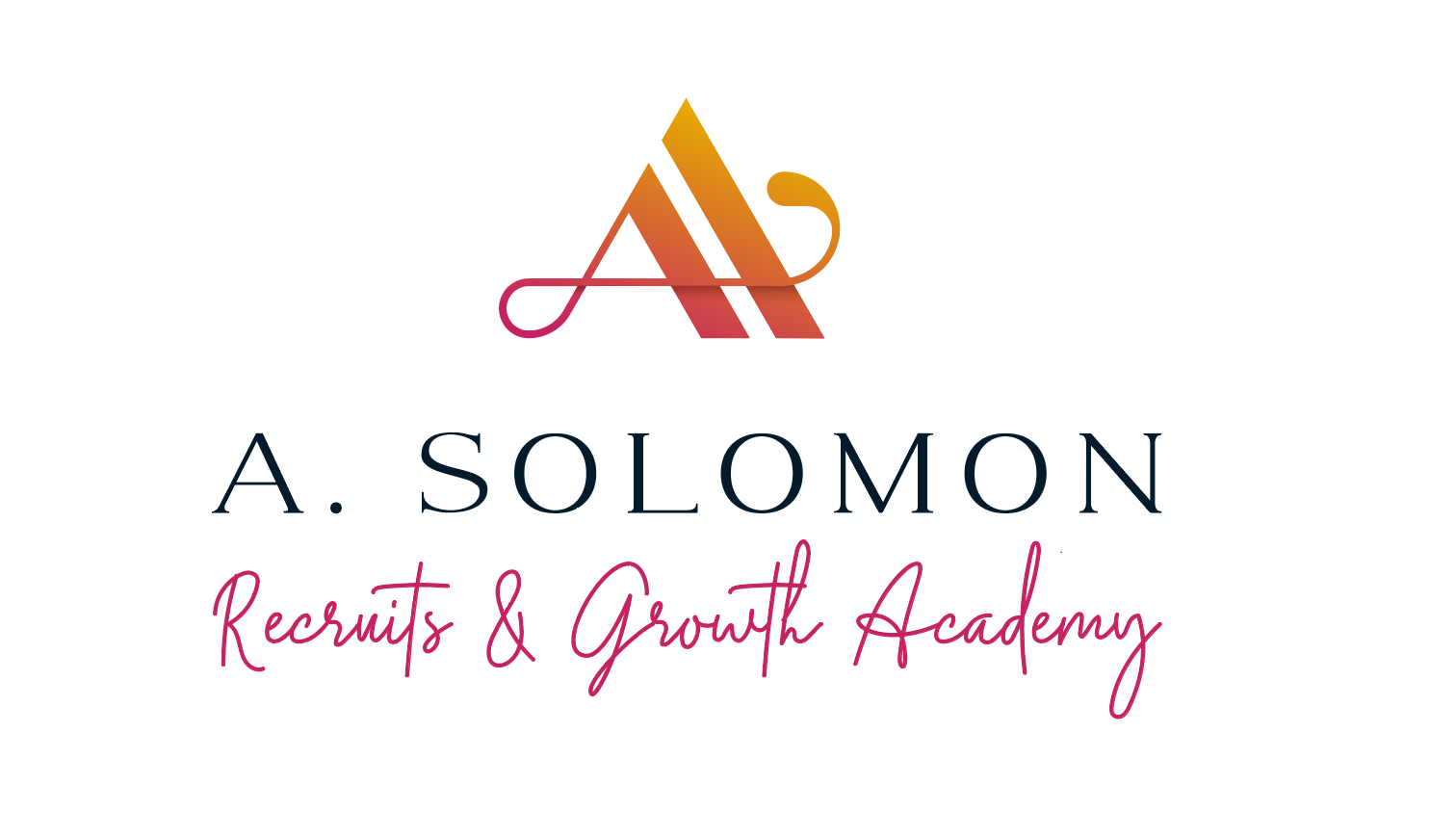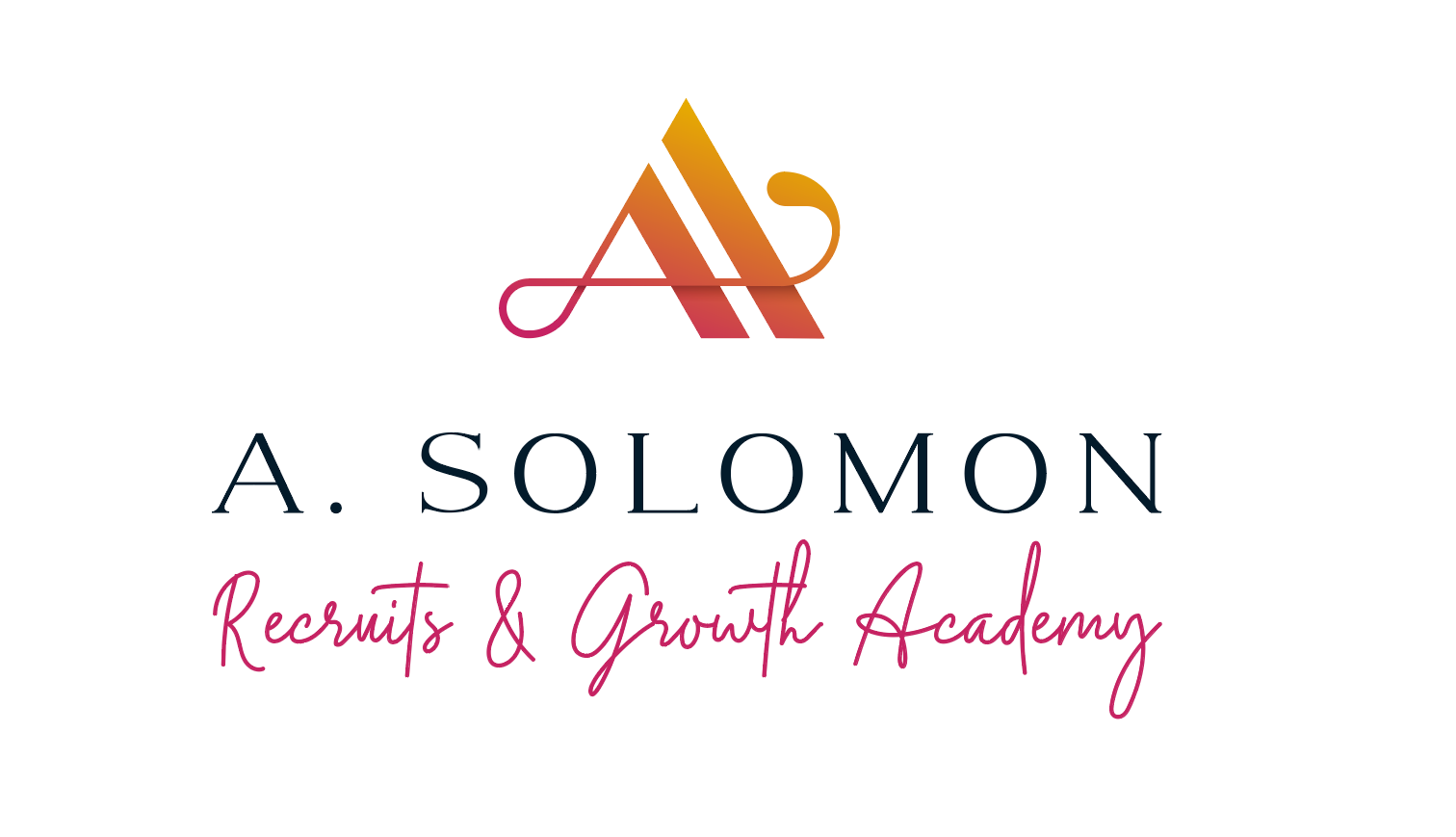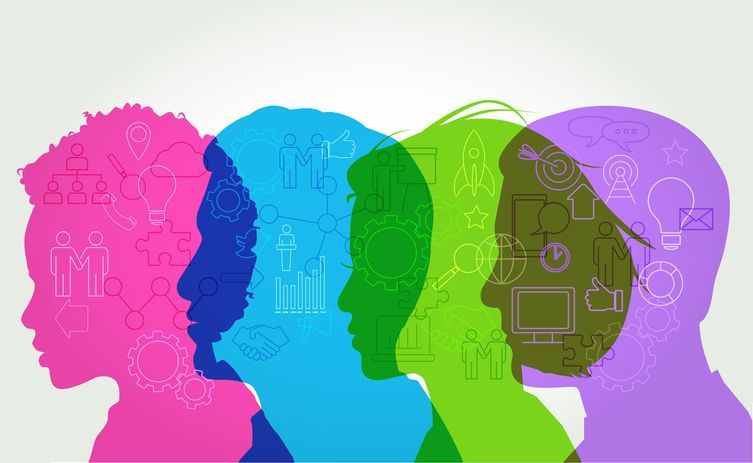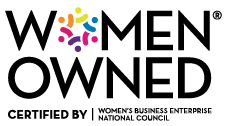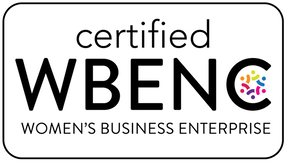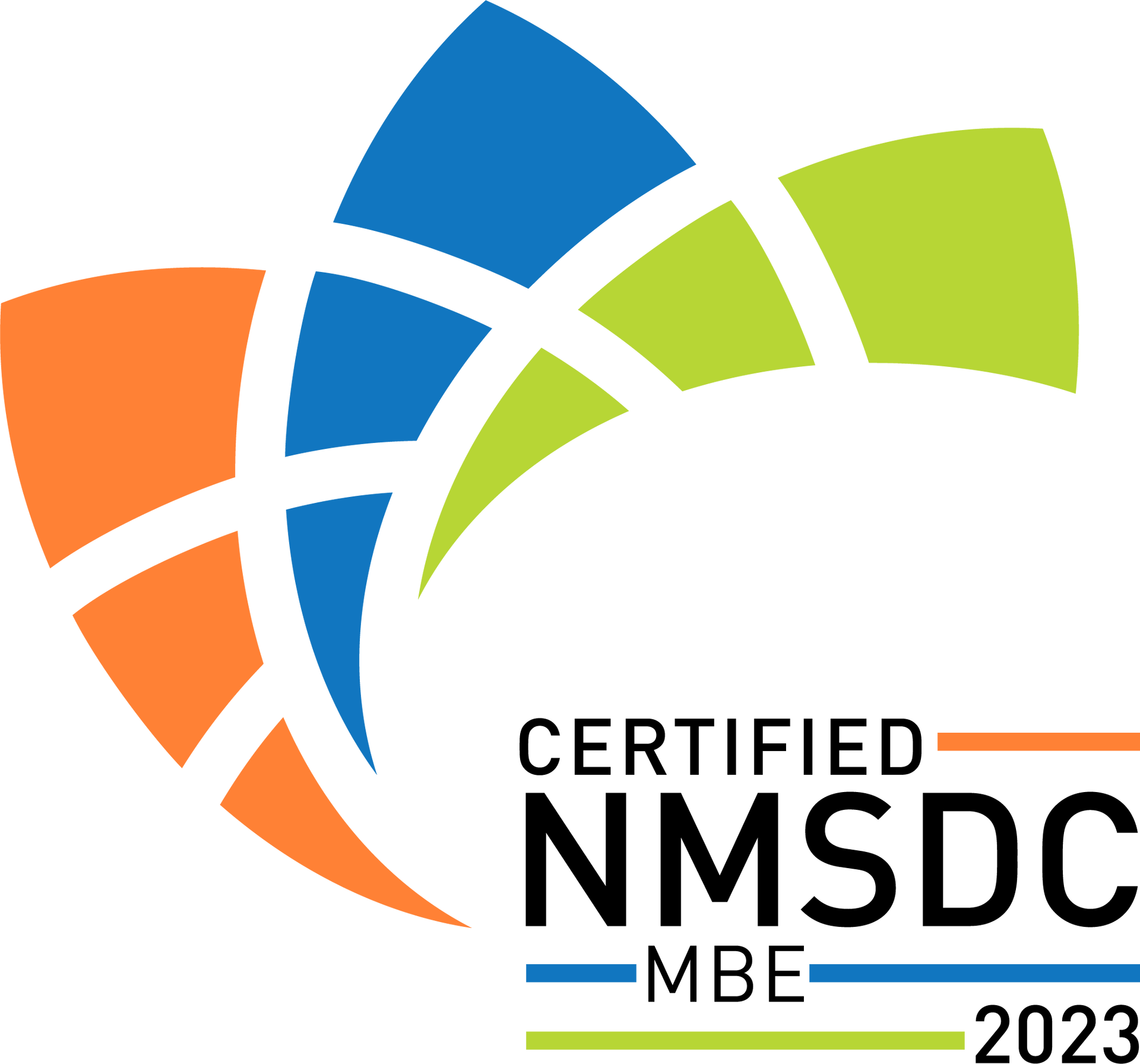3 Ways For Companies To Help Diverse Leaders Get Ahead
Minorities and women in leaderships roles experience hardships in Corporate America. As Companies look to boost representation in boardrooms and among management, by implementing programs to incentivize these kinds of hires and promotions from within, they fail to understand that their existing culture and systems in place are not meant to support lasting impact. In order to take the diversity and inclusion leap, companies must remedy their internal illnesses that plague progress. When speaking to underrepresented groups in leadership roles they have experienced hostile workplace environments that become impossible to work at. And, have created psychological and physical corporate burnout. Situations ranging from questioning of decisions from subordinates and fellow white male management; typecasting as angry, aggressive and emotional; tokenism branded-you got the job because you're a member of the underrepresented group, and the list goes on.
Here are three things that can be done to create truly inclusive corporate atmospheres that will nurture diverse leaders and secure diverse talent ahead:
What is said vs. what is done is the true disconnect. Companies get caught up in the lace and frills of designing diverse programs that will hire and promote diverse candidates to leaderships roles. But, fail in terms of making substantial change in terms of their recruiting practices that identify potential diverse leader candidates as well as, criteria for promoting diverse candidates from within. Now this is not to say that leveling the playing field should give special favor to underrepresented groups, but overhauling corporate systems that are not created equal for all is key. It starts with revamping internal recruiting strategies, and making foundational cracks to allow change transfusion.
Let go of what is considered the professional ideal because this has been the downfall of successful diverse leadership recruiting and retention. Ideals of what is considered professional has been skewed in favor of allowing white men to accelerate and thrive in leadership roles. The same ideals have led to diverse and female leader candidates struggle to be seen, heard and compensated. Scrap this professional ideal companies! It's time you start understanding ideal is not all its cracked up to be and what may work in favor for one group doesn't work for all groups when hiring and promoting diverse and women leaders.
White men we need you. I recently went to the 6th annual WomenWerk conference, where panelists were discussing women's empowerment and ways to bridge the gap. Very insightful but every panelist said the same thing we need powerful white men in our corners to advocate for us and I couldn't agree more. Sponsorship is important. White men in power at Companies, who sponsor diverse, female leaders and employees advocate and help internal maneuvering such as: laterals moves, promotions, recognition and pay raises.
Following the 3 tips given is a surefire way for Companies to shake things up and create goalpost movement. This is a way to create level playing field leadership for all. In 'I didn't want to be ridiculed': The emotional toll of microagressions at work Karlyn Percil-Mercieca, founder of SisterTalk Group, a network that mentors women of color she says: "Understand that the leadership playing field is not equal. And that you, as a person of color entering the workplace, you are entering a battlefield." Percil-Mercieca worked plenty of years in finance, and speaks firsthand of her workplace experiences. Connect hiring diversity and inclusion programs that say and do. Allow the fall in order to fix and redefine corporate culture. Create professional ideals that takes into account diverse representation. White male advocacy for diverse leaders and employees is very necessary to overall Company success.
We are better together!
I AM someone who sees incredible potential and opportunity in places where some people don't think to look. Minorities and women are still marginalized in the working world. As an owner of a diversity staffing boutique, my team and I walk alongside our Clients in creating professional environments that are truly for ALL. I believe in our interconnectedness as a human race and strive every day to use my gifts to empower the workplace’s invisible and powerless. I rarely bet on certainty and always root for the underdog because, after all, those are the best stories to tell.
Hi there! Thanks for reading! Follow Angela Solomon on her social profiles! | LinkedIn: /ASolomonRecruits | Facebook: @ASolomonRecruits | Instagram: @A.SolomonRecruits | Twitter: @AS_Recruits | Pinterest: @AS_Recruits

